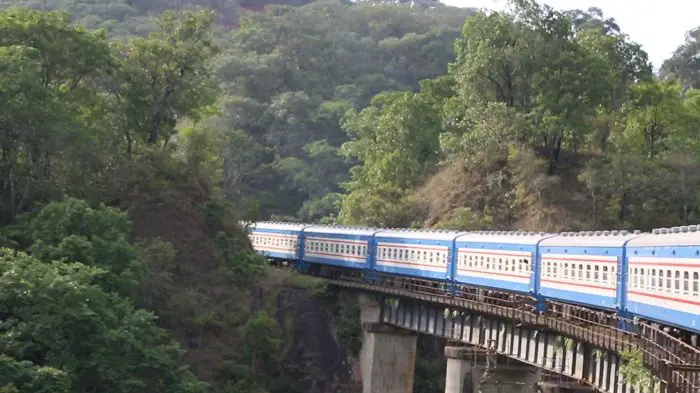Zambia-Malawi railway project has received a major financial boost from China to a tune of US$2.3 billion for the construction of of the railway line that will link central Zambia and the Malawian border.
The railway project is being spearheaded by China’s Civil Engineering Construction Corporation.
According to officials the construction of the 388-kilometer railway will run from the eastern town of Chipata to the central town of Serenje and pass via the eastern town of Petauke.
The railway will also meet the existing line to Lilongwe in Malawi and the port of Nacala in Mozambique and will be be carried out by the Chinese state owned China Civil Engineering Construction Company (CCECC.
Also read:Tanzania-Zambia Railway to be extended to four countries
The project which will take four years to be completed is expected to change the face of the two countries in terms of trade and improve the transport systems.
According to the Zambian Minister of Transport and Communication Brian Mushimba the railway will promote both local and International trade hence they will ensure that it develops to meet the International standards.
“We want to ensure that we develop the country’s infrastructure so that we can see out production grow to another level” he added
Mushimba said the railway line will link Zambia main railway with the Malawian line through Chipata Mchinji Railway.
He called upon the Chinese contractors to ensure that they complete the project within the set time frame and also to ensure that they involve all the local sub contractors as they have agreed to.
The 389km line will run east from a junction with the 1067mm-gauge Lusaka – Mpika – Nakonde line at Serenje to Petauke and Chipata, where it will meet the existing line to Lilongwe in Malawi and the port of Nacala in Mozambique.
This is one of the many railway projects that are currently ongoing in the African soil and most of them are being carried out by the Chinese companies.
